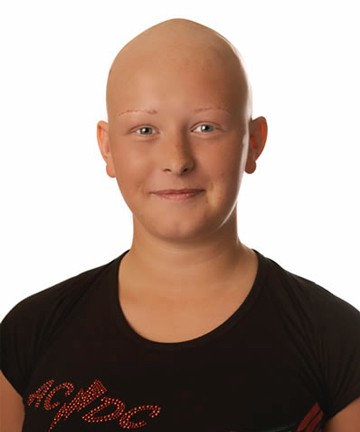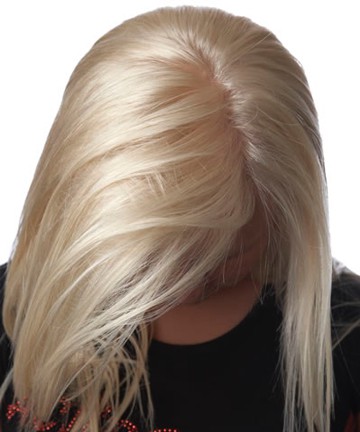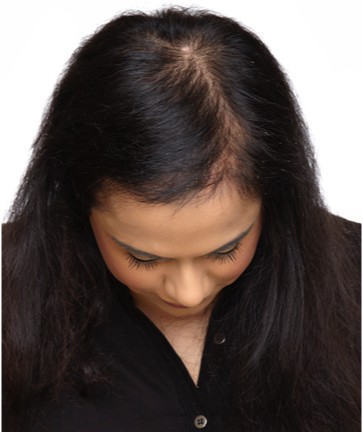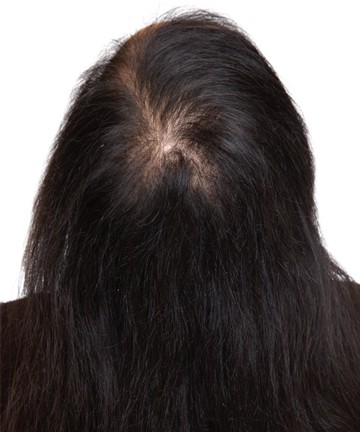Medication for hair loss
Regardless of whether you are male or female, hair loss is undoubtedly an extremely stressful condition with which to suffer. While there are a large number of solutions to hair loss that do not require medication – many individuals will still choose to investigate surgical or medicinal cures in an effort to restore their hair.
If you’re looking for medication for hair loss, there are a number of options depending on your situation. These include minoxidil, finasteride as well as a number of supplements and shampoos that function with varying levels of success from patient to patient.
Should I consider medication for hair loss?
While there are a number of over-the-counter pharmaceutical products that are proud to boast of their effectiveness with regard to slowing hair-loss or promoting hair-growth, there are always a number of limitations that must be considered. These include the age of the patient, their allergies, and whether or not any existing prescriptions are compatible with the chosen hair-loss medication.
While over-the-counter remedies are safe to use, there are also more concentrated forms of these medicines available through a GP for patients who require it.
For a large number of individuals, the efficacy of the treatment is entirely down to how the drugs interacts with their body. For some, the results will be fantastic, whereas others may find the results to be sub-par.
There is, however, no harm in trying medication for hair-loss but patients are also reminded to temper their expectations.
What are the main medications for hair loss?
Minoxidil
Minoxidil, or Rogaine, as it is much more commonly marketed is an antihypertensive vasodilator treatment that restores the blood flow pressure around the hair follicles that are failing to function correctly, causing an increase in the mass in the resulting hair as it grows. Approved by the FDA, minoxidil is available for both men and women and comes in both a liquid and foam form.
Those who use the medication are advised that it can take between 8-12 weeks for any improvement to be noticed, and that in the short-term, there may be a increase in hair-loss as older, less-strong hair falls away to make space for fresh re-growth.
There are some users who claim that hair loss worsens once they stop using minoxidil as a medication for hair loss, although these have never been scientifically substantiated.
Finasteride
An oral medication for hair loss, finasteride is also an FDA-approved product that is becoming more widespread across the developed world. It works by blocking the production of dihydrotestosterone, an endogenous androgen sex hormone that prevents hair follicles from receiving the nutrients necessary to function. This medication is not available over-the-counter, and requires a GP’s prescription.
While many report excellent results with finasteride, it is important to mention that several studies have indicated that patients who use the treatment will find themselves at a higher risk of prostate cancer, as well as experiencing short-term sexual dysfunction in men, combined with a reduced libido – often causing greater stress than the hair-loss itself.
Shampoos
Despite the claims made on bottles of shampoos and conditioners claiming thicker, stronger hair – there are no shampoos on the market that have been proven to improve hair growth or retention over a long period of time. Those that do thicken hair, do so for the short-term only, and only aesthetically so.
Supplements
Supplements are available for sufferers of hair-loss, but similar to shampoos, there is very little objective peer-reviewed evidence that any of these actually work. Many seasoned GPs believe that the huge influx of supplements onto the market comes as a result of companies trying to exploit the desperation felt by those who are panicking over losing their hair and that any claims made regarding their products should be taken with a pinch of salt.
Other options?
If you’ve tried non-invasive treatments, as well as prescribed medication for hair loss but are still concerned about the rate or effect of your hair-loss, you can always investigate the surgical options available to you. If you feel that this is the best route, please discuss the matter with a specialist or GP before doing so, and make sure that you use a hair-loss surgical team who are not only insured, but are listed with numerous accreditations from recognised medical bodies, and who have a large number or satisfied patients.
If you are considering the use of medication for your hair loss, it is always advisable to visit your GP to discuss the options that are available to you. However, we will always be available to provide additional support and offer a number of different therapies to help you recover from numerous types of hair loss, so please book a consultation with the Hair Growth Studio if you’d like advice from a different perspective.
Clients We Have Helped
Below are two of our clients who suffer from varying degrees of alopecia.
Contact Us Today
That’s where we come in; if you have experienced permanent hair loss we can restore your hair safely with no surgery. Our Perm-a-graph procedure is the perfect solution so don’t hesitate to contact us for a quick, easy and confidential consultation.
Need more information? Why not read about our hair loss treatment for men and for women.





